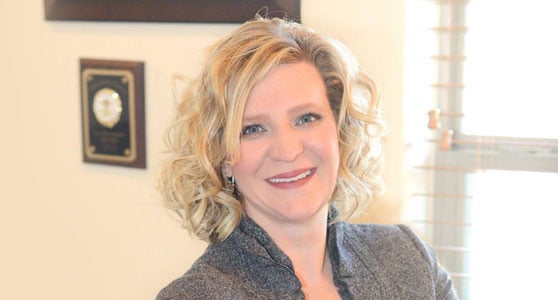Texas uses a separate juvenile justice system to correct children who have turned 10 but have not yet reached age 17.
A child can wind up in the juvenile justice system if he commits a criminal act that could have otherwise landed him in jail but for his young age.
A child may also be referred to the system for certain lesser offenses or non-criminal but still concerning behavior, such as running away from home, skipping school or committing relatively minor law violations.
The idea behind the system is to give young people both a chance to turn their lives around and the resources to do so. Compared with standard criminal court, the juvenile system is supposed to emphasize rehabilitation and second chances.
Many times, a person’s juvenile history will remain private after the child hits adulthood, allowing him a fresh start on life.
However, that does not mean that an accusation before a Juvenile Court should be taken lightly.
Juvenile offenders may face strict probation or be placed in detention
For minor offenses, a young person may get lucky enough to have officials handle her case informally and outside of the court process. She may still be expected to take certain steps and avoid further trouble with the law.
In other cases, though the court may put a child on formal probation through the court. Probation can last until the child is 18.
While certainly probation includes not breaking laws, the court may also impose any number of restrictions and orders, at the time and expense of the child and his parents, which the court finds necessary to address the child’s behavior. Terms can include mandatory counseling, no contact orders, and the like.
Judges may also order the Texas Juvenile Justice Department to imprison the child in facility for young people either for a certain period of time or until the child either turns 19 or completes her rehabilitation program.
As is the case with adults, juveniles sometimes get wrongly accused of misconduct. In other cases, they may have a good explanations. In still other cases, police may have violated the child’s civil rights.
Juvenile cases are serious. Children and their families should instead evaluate their legal options carefully.



